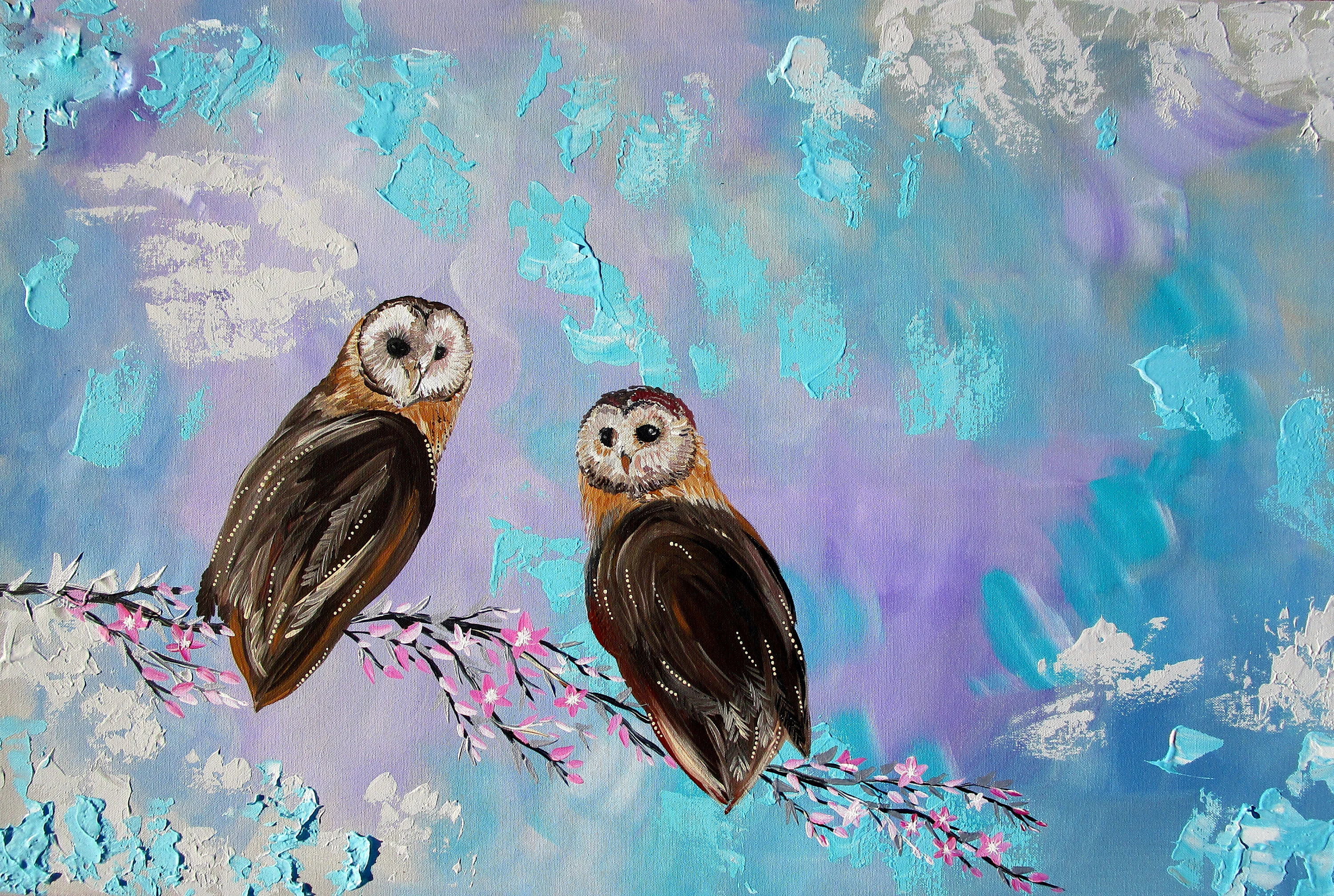There is something about evenings. The sun, slipping behind the hills, always brings a dull ache, a sharp pang that lingers in my chest. It’s as though something I once owned, something that once belonged to me, is quietly dissolving away, retreating like the last rays from the rooftops I glance at from time to time—those silent, indifferent rooftops. Evenings are wrapped in a strange, inexplicable nostalgia, and I surrender to it, unable to resist. Ah, the evenings! How they torment me with their quiet cruelty.
The wind today is tyrannical. Far in the distance, the sun descends behind the hills, and pain seeps into my heart already. I curse the sun now, bitterly, for daring to leave so soon. Tomorrow, no doubt, I’ll find myself worshipping it—when it pours through my window in the morning, warming everything it touches, and everything will seem beautiful again, as it always does. But today, in this hour, in this very moment, I hate it. And there’s no shaking off that feeling. It’s the nostalgia I can’t bear—those dumb, unnecessary memories that my mind insists on drawing to the surface, as if in mockery of the quiet pain I carry.
I glanced toward the ground of the house next to mine, where in its vast, green lawn, the lone tree stood in the center, swaying recklessly in the wind, as though tired of its own stillness. A few children ran up to it, their laughter spilling into the air—sharp, clear, and fleeting. The sound of marbles clinking reached my ears, a sound so familiar it almost hurt. It was the sound of my childhood, like a soft, persistent echo of something lost. Oh, the memories! They come rushing in, relentless, as though they, too, are unwilling to let go. The dry lips, the thirst that lingered long after the game ended, the skin caked in black dust, and the eyes that would sting with every blink when I lay in bed, exhausted. But most of all, the fear, the quiet, insistent fear, that my mother would scold me. My mind reeled these memories in detail under the approaching dusk.
As children, we played marbles on a patch of ground where once stood a blacksmith’s forge. The forge was gone, but the coal dust remained, staining our skin, turning it black. It clung to our fingers, our elbows, our toes, and knees. Our lips grew rough with it. And yet, despite the grime and discomfort, the game went on, the marbles clicking against the coal dirt.
But when dusk fell, a dread settled over us. We knew the coal dust would bring our mothers’ fury. “Aama le latthi le hannu hunchha yrr,” some muttered with resigned sighs. Others planned to scrub it off by the nearby tap, hoping it would be enough. “Aama le dekhnu bhanda agi ma ta sabb dhunga le ghotera safha garera janchhu,” they whispered, though even that wasn’t a guarantee of safety. Without soap, the stone left nothing but a sting, a reminder of our futile attempts. The air thickened with the daily chorus of reprimands, harmonizing with the unyielding whistle of pressure cookers steaming away in the kitchens.
And yet, the next day, we’d return to the playground, our hunger filled by a quick snack, fear forgotten, if only for a moment. The dust would settle on our skin again, thirst would rise, but it didn’t matter. The game went on, undeterred by days, seasons, or the shadow of our mothers’ wrath.
Nirbal was the quiet one, the one we always seemed to forget, yet he was always there. His lips were smeared with mucus, darkened by the coal dust that clung to him like a second skin. He sniffled constantly, not out of care, but as if it was simply part of his world, something he couldn’t escape. We found it irritating, almost repulsive, but there was more to him, something we couldn’t name. Perhaps it was the way he played with such intensity, as if the game was his only refuge. He never bought marbles, but somehow always had them, each one won in silence.
In the wee hours of the nightWhen hunger pangs kick in

But when the monsoon arrived, washing away the coal dust, something in Nirbal changed. His intensity waned, and with it, his world seemed to crumble. The things that had once defined him, those small, quiet things, faded like the dust that had clung to him.
One Saturday, after a heavy downpour, we decided to visit a cave, a place famous in the village for being haunted, home to countless birds, especially owls, creatures Aavash was obsessed with.
Aavash, nonchalant and dogmatic, always led the way. Nirbal, especially, feared him, his presence made Nirbal do things he didn’t want to. We’d heard the ghost stories, but we were more intrigued by the owls, more fascinated by the idea of seeing them than by any lingering fear.
The cave was perched on a ledge, nestled in a massive stone. The only way up was from above, and below, a dense forest stretched out, the river’s steady flow echoing in the trees. A fall would be fatal, nearly impossible to survive. The stone was tangled with roots, as if nature itself was claiming it.
“I don’t think I’ll make it up,” Biswas murmured, afraid of both the heights and the ghost stories that haunted him. Aavash teased him, calling him “Darpok, the coward” but Biswas remained behind. Aavash led the way, Nirbal followed, and I trailed behind. The path was narrow, overgrown, as though time had forgotten it.
“Nirbal! Look, the owl’s nest,” Aavash suddenly exclaimed, pointing to a low-hanging branch just ahead. The cave was still further away, but Aavash had spotted baby owls. His eyes gleamed with excitement. “We should take them,” he urged.
“What about the cave?” Nirbal asked.
“We’ll visit it another day,” Aavash dismissed him, his eyes fixed on the owls.
I hesitated, remembering my uncle’s warnings. A Jhakri, he had always cautioned against harming birds, especially owls, though he never explained why. I didn’t question him then, nor now. “It’s wrong to take them,” I said, unease welling up in my throat.
But Aavash wouldn’t listen. He had made up his mind. I stepped back, feeling my discomfort deepen. “Nirbal, don’t get involved,” I urged, but Aavash, sensing Nirbal’s reluctance, pushed him. “If you don’t stay, I’ll take all your marbles,” he threatened coldly.
Minutes later, Aavash emerged, one owl in each hand. A smug smile spread across his face. “I’ll raise them,” he said, pride in his voice. “When they’re grown, they’ll perch on my shoulders.”
Neither Nirbal nor I touched the owls. We walked home in silence, Aavash gloating behind us, his words ringing with victory.
That evening, I ate deeply, exhaustion sweeping over me. I slept as if I would never wake again.
The next morning, muffled voices stirred me from my sleep. The house was quiet. I wandered into the kitchen to find it empty. The stove’s fire still burned, smoke curling up the chimney. Outside, the sounds grew sharper, screams from a nearby house. I recognized them. It was Aavash’s house.
I ran toward the gathering crowd, pushing through with a tight feeling in my chest. There, lying on a bamboo stretcher, was Aavash, wrapped in white, his nostrils stuffed with cotton. A cold wave of fear gripped me, and regret came crashing in. Yesterday’s carelessness now felt unbearably heavy. Death had finally touched him.
I later learned that his breath had faltered, and just before the Jhakri arrived, he had passed. Whispers floated in the air—the owl’s vengeance. The Jhakri stood still, his face unreadable, like he had seen this all before.
Aavash had kept the owls in a bamboo basket—one lay dead, the other had flown away. I remembered his quiet obsession with them, how he cared for them with a tenderness I never fully understood. That day, it rained endlessly. The skies seemed to mourn with us, weeping from dawn till dusk. And even today, as I watch the dusky sky, I feel the same rain, unanticipated yet impeccable, preparing to burst upon the world with a catastrophic force.





































